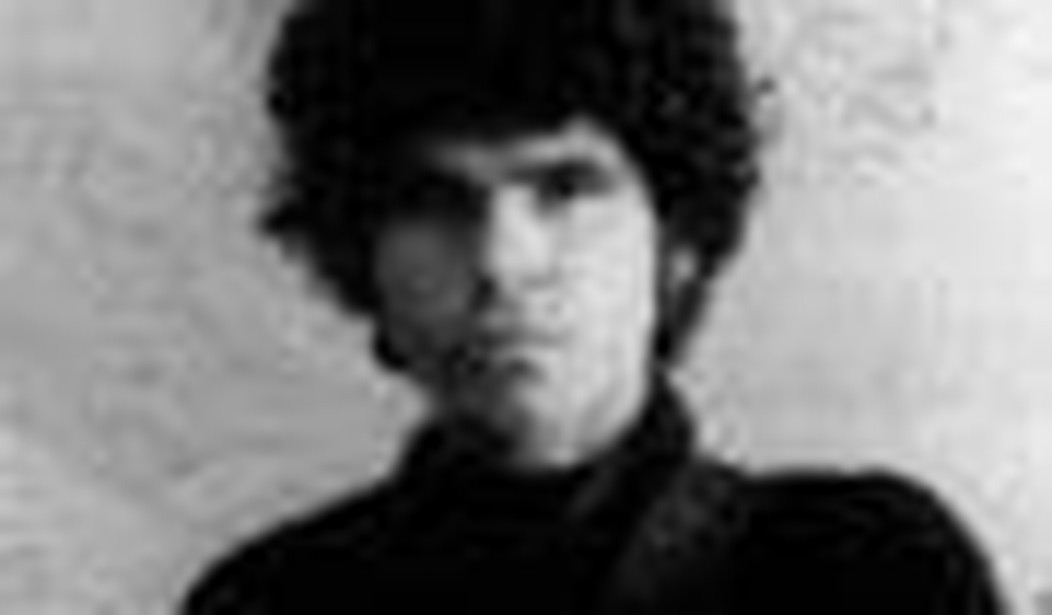Many self-proclaimed Cuba experts posited that Raul Castro would bring change to the island when he stepped in for his ailing brother. And we have seen some changes but to attribute them to Castro the younger would be factually incorrect. The types of changes I’m talking about are not being welcomed by Raul or his henchmen, but there’s little they can do to stop them.
Earlier this year a Cuban blogger named Yoani Sanchez was selected as one of Time Magazine’s 100 most influential list. Sanchez, who faces incredible hardships to post her writings on her blog because of the purposeful lack of Internet access on the island, also won Spain’s equivalent of the Pulitzer Prize. She writes about the absurd nature of life in Castro’s Cuba with her beautifully descriptive prose.
Yoani’s case is one in a million. Her blogging activities fell through the cracks and didn’t appear on the radar of Cuba’s state security apparatus until the Wall Street Journal published an article about her, and by then it was too late for them to do anything about it. Today she’s probably the most famous Cuban that isn’t named Castro.
On Monday, August 24, a dissident punk rocker named Gorki Aguila was picked up by Cuban police for allegedly committing the Orwellian crime of “pre-criminal dangerousness.” Aguila, who fronts a band called Porno Para Ricardo, writes lyrics that are harshly critical of the regime.
To say that Gorki Aguila was well known before his arrest would be an overstatement. That’s because one of the major accomplishments of Castro’s revolution has been to keep the general public in the dark about Cuba’s dissident movement. Those of us who follow events on the island very closely did know of Aguila and admired him for his guts. After having already served time in a Cuban prison, Aguila never backed down. In fact, he only became more vocal, more direct in his criticisms, more punk.
When news of his arrest made its way out of Cuba and onto the Internet through the band’s official website something curious happened: an international support group emerged almost instantaneously. Ernesto Hernandez Busto, a Cuban intellectual who blogs from Spain posted an open letter to one of Cuba’s most famous performers, Pablo Milanés, who was to play a concert in Havana just three days after Gorki’s arrest. The letter asked Milanés, always a darling of the regime, to advocate on behalf of his fellow musician and was signed by many Cuban-born artists and intellectuals living in exile. Gorki Aguila’s arrest was reverberating around the world.
The international media, usually docile in the face of its Cuban government censors, had no choice but to report the incident. Word spread that Gorki’s trial was being set for Friday the 29th and international pressure on behalf of Gorki Aguila began to mount. Even Amnesty International, an organization that normally is not too concerned with any human rights abuses in Cuba outside of Guantanamo Bay, issued a statement denouncing the unjust detention. Cuba’s best-known musicians in exile joined the growing chorus that was demanding Gorki’s release.
On the appointed day, Gorki’s trial was postponed, then postponed again as a throng of supporters and members of the international media waited outside the court. In the matter of just one week, Gorki Aguila went from being a relatively unknown punk rocker to a cause célèbre. Raul Castro officially had a hot potato on his hands. Finally, at 5:00 p.m. (eight hours behind schedule) Gorki was brought into one of the regime’s kangaroo courts. He faced anywhere from one to four years in prison if convicted (everyone gets convicted). Then something unusual happened. The charges were reduced to a simple case of “disobedience” and Gorki was convicted (remember, everyone gets convicted) and sentenced to pay a fine of 600 pesos, which is roughly $40, about two months’ salary in Cuba.
The groundswell of international attention was too much for even the Castro dictatorship to stand up to. The regime’s lifeblood is carefully crafted propaganda and the possibility of making Gorki Aquila an international poster boy for those who fight musical censorship would be a long-term setback.
For those of us that desire democracy and human rights for Cuba, the case of Gorki Aguila proved what we always believed: the regime could be forced to change if only the media would report the truth about Cuba. The Internet demonstrated its incredible power as a tool for good. Citizen journalists like Yoani Sanchez and Ernesto Hernandez Busto made it so that the media could not ignore an important story of abuse in Cuba like it had so many times before.
Yes, changes are occurring in Cuba. The going rate for calling Fidel Castro a “c*ck sucker” on the island was reduced from a lengthy prison sentence to a $40 fine, a bargain that is sure to increase the levels of remittances to the island. This was most certainly a change that Raul Castro never envisioned having to make when he ascended to his brother’s throne.









Join the conversation as a VIP Member